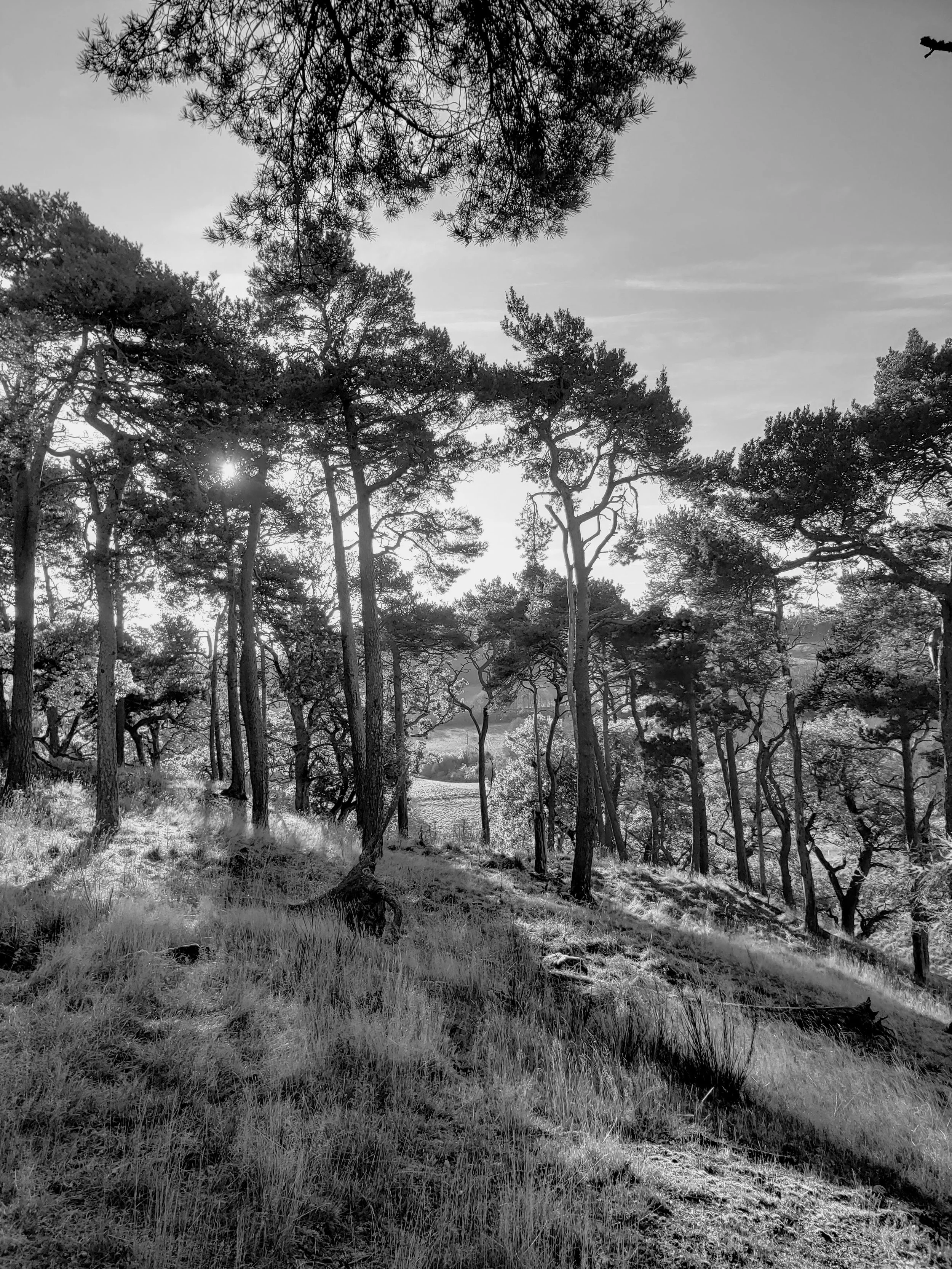In more than 500 scientific studies in recent years, researchers have linked time spent in nature with decreased anxiety, reduced risk of obesity, and even reduced overall mortality.
In fact, one 2018 analysis by researchers from Britain's University of East Anglia found nature prescriptions "may have substantial benefits."
"Forest bathing," or immersing yourself in nature, is being embraced more and more by doctors and medical professionals as a way to combat stress and improve health.
The Japanese tradition of shinrin-yoku, or "forest bathing," is gaining more attention in the West.
Florence Williams's best-selling book, "The Nature Fix," has a chapter dedicated to the benefits of forest therapy. And now, it appears that more North American doctors are starting to incorporate spending time in forests into their practice.
The Northside Hospital Cancer Institute in Atlanta now formally offers forest therapy as part of a pilot project collaborating with the Chattahoochee Nature Center.
The New York Times reports, at the University of California, San Francisco, Benioff Children’s Hospital in Oakland, Dr. Nooshin Razani, a pediatric infectious disease doctor and director of the Center for Nature and Health, has offered a similar program for years. The “Shine” program, linked to the East Bay Regional Parks District, offers “park prescriptions,” a movement that is growing in popularity and aims to improve accessibility to nature for low-income children.
Research from Japan and Korea suggests that spending time in nature, specifically in lush forests, has shown a decrease in stress and blood pressure (especially in middle-aged men). Plus, it improves heart-rate variability and lowers cortisol levels while boosting one's mood.
Additional benefits by exercising in nature, improvements in self-esteem, and overall effects on mood were heightened when there was a stream or other body of water nearby.
The New York Times reports that several theories have been proposed about why spending time in forests might provide health benefits. Some have suggested that chemicals emitted from trees, so-called phytoncides, have a physiological effect on our stress levels. Others indicated that forest sounds — birds chirping, rustling leaves — have a physiologically calming effect.
Regardless of the specifics, from forest trails in Korea to islands in Finland, to eucalyptus groves in California, Florence investigated the science behind nature's positive effects on the brain.
Delving into brand-new research, she uncovered the powers of the natural world to improve health, promote reflection and innovation, and strengthen our relationships.
As our modern lives shift dramatically indoors and involve working with and staring at screens, changing how one bathes is essential to performance and productivity.
A walkabout with trees and water, this forest bathing could be just the fix to make you happier, healthier, and more creative.
Make plans to attend the Brigadoon November Call with Florence Williams at 2:00 pm ET on Wednesday, November 17.
Florence is the prize-winning author of The Nature Fix. A contributing editor at Outside magazine, her writing has appeared in the New York Times and National Geographic.
Moving from the mountain air beauty of Boulder, CO, to the urban swamp of Washington, DC, inspired her deep dive into what makes people happy.
The aim was simple: Does place matter, or not so much?
Her global exploration of this question led her to determine that one of the most significant variables was, it is not who you are with or what you are doing; it is where you are.
"How we spend our days is how we spend our lives."
In her book, she points out, "we are experiencing a mass generational amnesia enabled by urbanization and urban creep."
Going on, she writes, "we don't experience natural environments enough to realize how restored they can make us feel, nor are we aware that studies also show they can make us healthier, more creative, more empathetic, and more apt to engage with the world and with each other. Nature, it turns out, is good for civilization."
"Homo sapiens officially became an urban species in 2008."
"Yet as humans shift their activities to cities, astoundingly little planning, resources, and infrastructure go into making those spaces meet our psychological needs.
Make plans to attend the Brigadoon November Call with Florence Williams at 2:00 pm ET on Wednesday, November 17.
Let's have a discussion on how nature makes us happier, healthier, and more creative.
This picture was snapped by Marc A. Ross at Brigadoon Remote | Scotland 2019 in a forest near Carphin House in Fife, Scotland.


